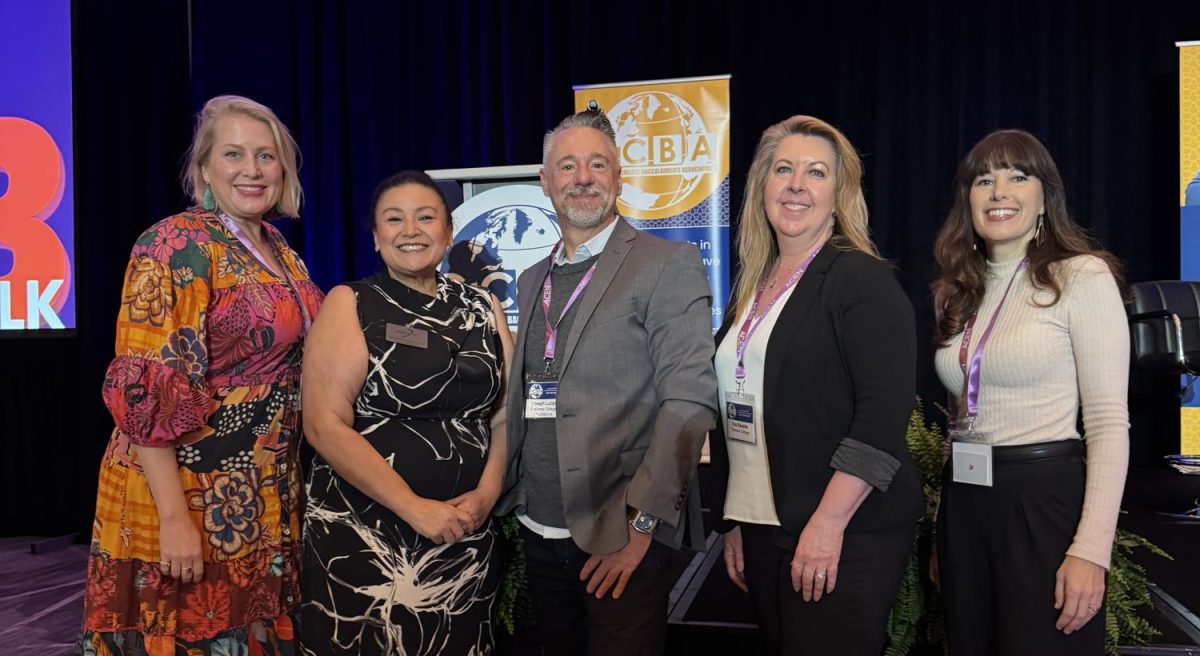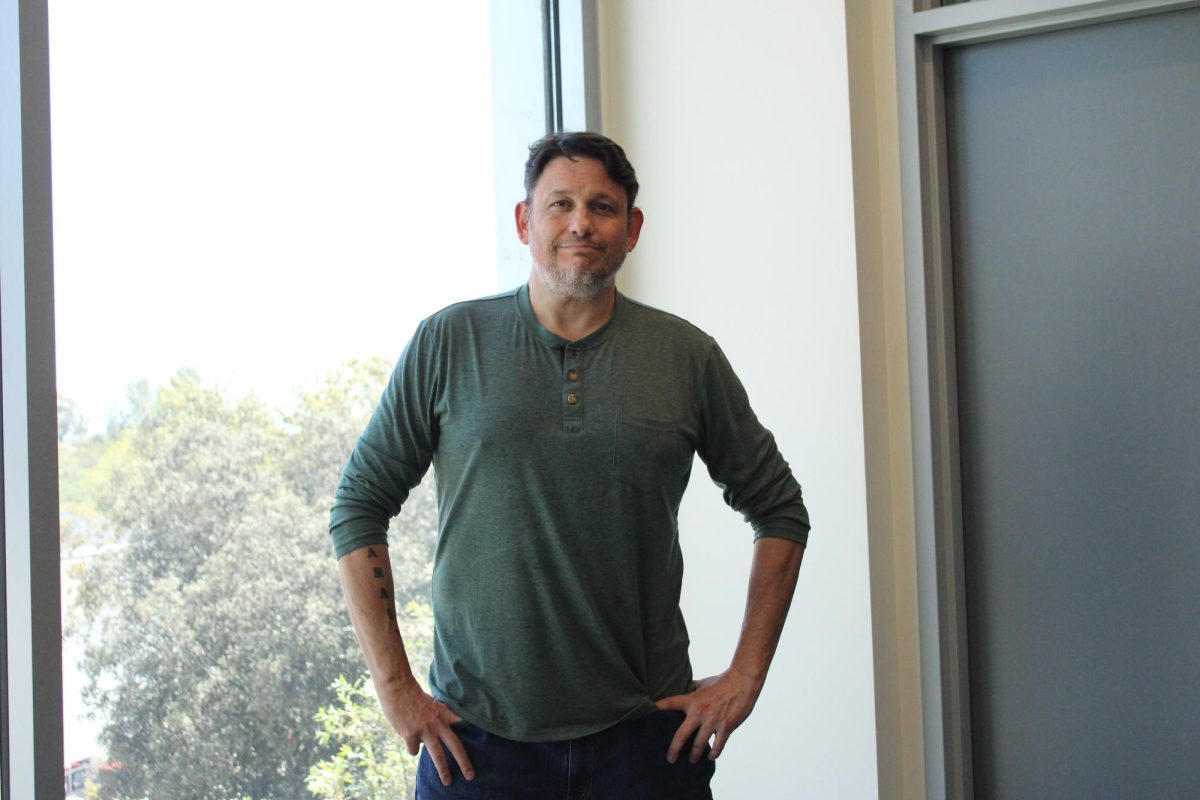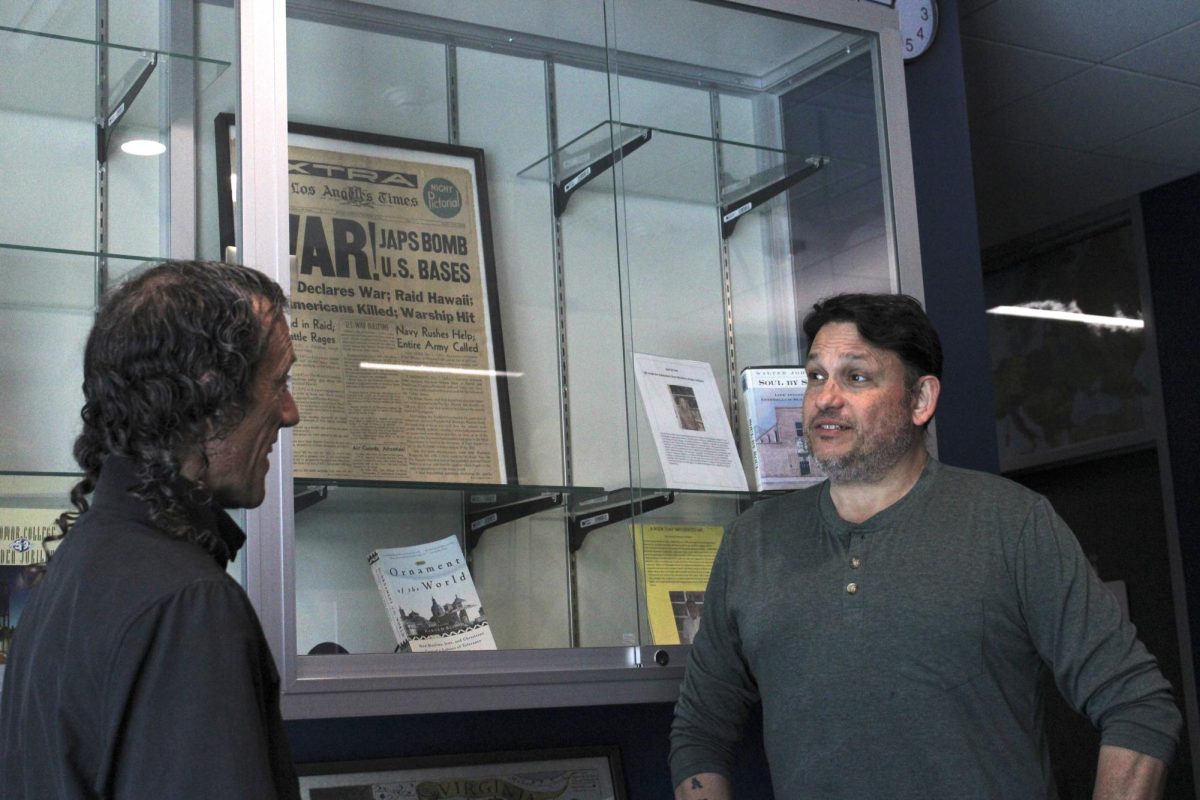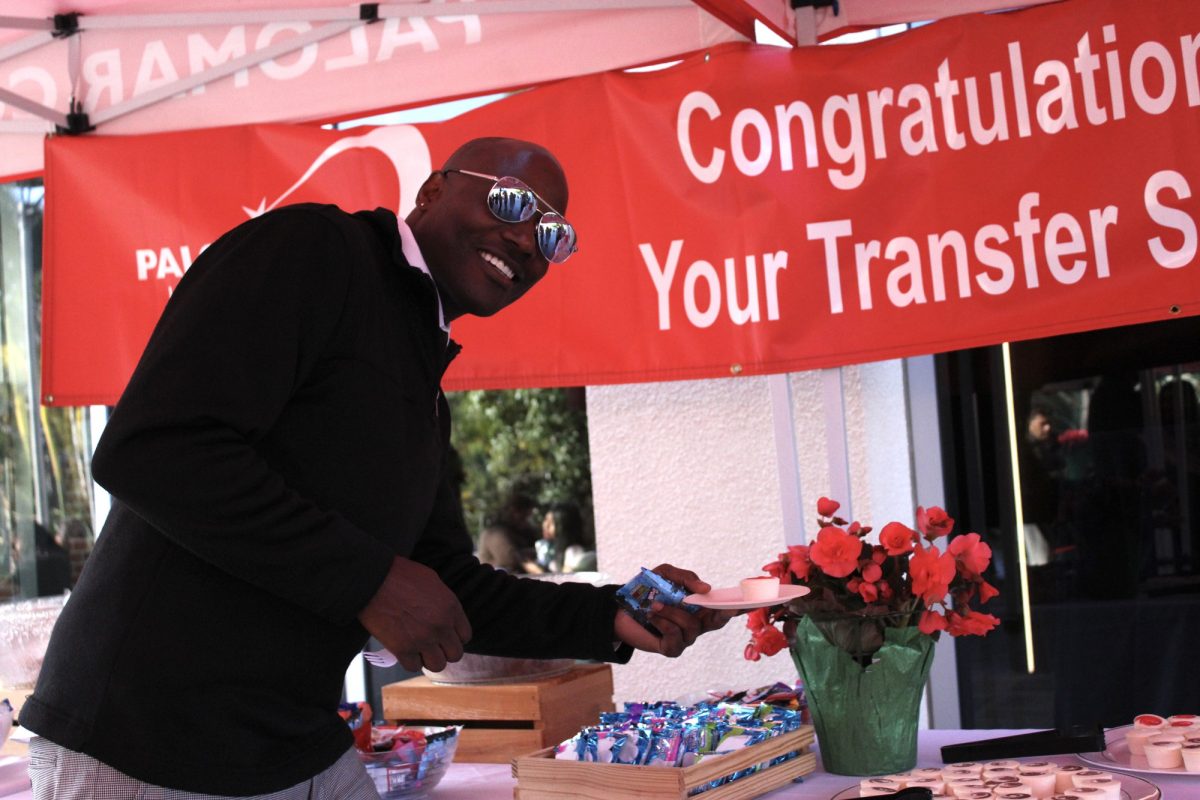To stand in front of a classroom of 25, and give an oral presentation for a few minutes is hard enough for students in Speech 100, but for those who fear nothing, speaking in front of a crowd of judges with peers taking rows of seats behind them is a challenging thrill that leaves students gratified.
According to Dewi Hokett, director of the speech and debate team, the team is the third in the nation for debate, and wins an average of 100 trophies a year, but Hokett’s goal for the team is not all about getting trophies. She instead sees her number one goal as the director to help and push her students to obtain a full-ride scholarship to their next school of choice. To reach that point, students must be committed to hard work toward the team and academics.
“It’s a pretty rigorous schedule, and usually the people on our team work full-time, live at home, come from different backgrounds, but for the most part they have to be tremendously dedicated to this because they need to keep their grades up,” Hokett said. “We will not allow anyone on the team who have below a 2.5 GPA. We need people who are dedicated.”
Hokett added that most of the students on the team take 17 to 20 units per semester. With little time to rest she adds that the students learn that every moment counts.
Hokett said that the speech and debate team has consistently had about 25 members each year, divided into three tracks. She said that there are schools that have up to 80 members, but at the end of each season they can only take 14 to the national tournament in April.
The team’s track system is in place to assess and guide the different levels of ability from people who may not be national speakers, but love being a part of the team, to a track for those who want to be a part of speech and debate and to a track for those who have a lead in speech and debate and want a scholarship for it.
As the team fills up and divides into tracks the schedule is set.
“Both students and coaches show up on the first day, or a student is recruited out of a class, and the first thing we do is ask them what they like, because really our job is to find out what they’re passionate about and then push and ride that momentum to success,” Cook-Whearty said. “We are shaping and changing as we go on, and it’s this kind of build up towards national season.”
According to Cook-Whearty the speech and debate team practices 4 to 8 hours a week if not more. She says the practice helps build up on the passionate ideas people have, and over time students learn to overcome the fear of speaking about topics that are close to students’ hearts.
She added that along with learning to clearly and confidently speak about important topics students also spend a great deal of time reading literature and periodicals to find inspiration and reliable sources for information that may impact a student’s speech.
“On a weekly basis there are two practices lead by the coaches and then individually you’ll meet with your coach for each event you are doing outside of that,” team member Genevieve Mason said. “Speech and Debate is broken down into debate, platform speaking, and interpretation events, and each of those has a coach.”
Every other weekend the speech and debate team competes in events that push members to high stress levels as they perform. In some of the events, students are only informed of the topic of debate a few minutes prior to performing, while in other events students must memorize and recite a speech. The team does not only debate, but there are also events where students must entertain an audience through dramatic literature to stand-up comedy.
Regardless of section, students must put in great effort to succeed and stay with the team.
Hokett said she believes that this hard work pays off not only in scholarships or trophies, but in life skills.
“I find that when you come onto a speech and debate team you learn critical thinking skills that are necessary to number one, obtain a job, and two remain in that job,” Hokett said. “We give them the rubric and we teach them how to take those argumentation skills and speech writing skills and use it toward the job of their choice.”







